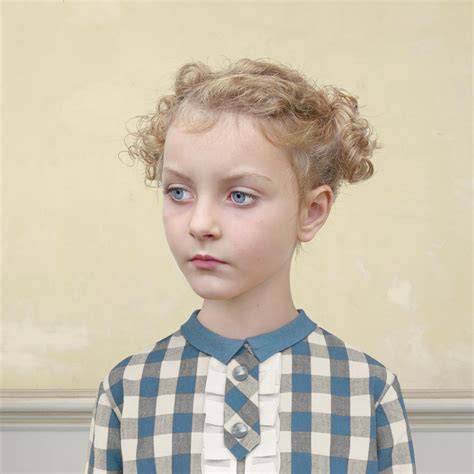A Quote by John Constable
Light - dews - breezes - bloom - and freshness; not one of which... has yet been perfected on the canvas of any painter in the world.
Related Quotes
I ought to respect myself for my friends' sake, and my children's. It is time, at fifty-six, to begin, at least, to know oneself, - and I do know what I am not, and your regard for me has at least awakened me to believe in the possibility that I may yet make some impression with my "light" - my "dews" - my "breezes" - my bloom and freshness, - no one of which qualities has yet been perfected on the canvas of any painter in the world.
Just slap anything on when you see a blank canvas staring you in the face like some imbecile. You don't know how paralyzing that is, that stare of a blank canvas is, which says to the painter, ‘You can't do a thing’. The canvas has an idiotic stare and mesmerizes some painters so much that they turn into idiots themselves. Many painters are afraid in front of the blank canvas, but the blank canvas is afraid of the real, passionate painter who dares and who has broken the spell of `you can't' once and for all.
A painting is nothing more than light reflected from the surface of a pigment-covered canvas. But a great painter can make you see the depth, make you feel the underlying emotion, make you sense the larger world. That, too, is the power of science: to sense and convey the depth and dimensionality of nature, to glance at the surface and to divine the shape of the universe around us.




































